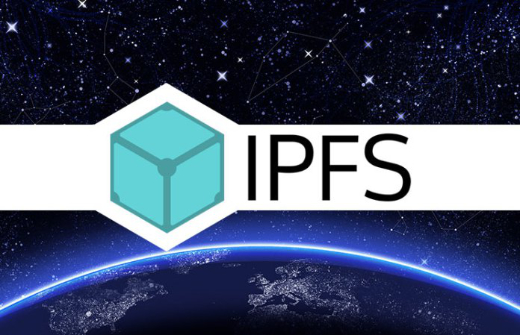This monthly newsletter focuses on the various open source projects going on in the world, calling attention to a different project each month. Our objective at Alt Choice Tech Advisers is to increase exposure to open source projects in the business community. We hope these resources will be of great benefit to both your individual business and the community as a whole.
This Month’s Open Source Project:
IPFS (InterPlanetary File System)

For all the beauty, strength and orderliness HTTP brings to the web, there still exists some critical, fundamental flaws in how HTTP operates. These flaws are what the IPFS (InterPlanetary File System) project sets out to address. IPFS is a peer-to-peer distributed file system that seeks to connect all computing devices through the same system of files. It is a protocol designed to create a permanent and decentralized method of storing and sharing files, using a content-addressable, peer-to-peer hypermedia distribution protocol.
IPFS is an open source project developed since 2014 by Protocol Labs in collaboration with the open source community. It was initially designed by Juan Benet, who developed it to take advantage of the Bitcoin blockchain protocol and network infrastructure in order to store unalterable data, remove duplicated files across the network, and obtain address information for accessing storage nodes to search for files in the network. The filesystem could be accessed in a variety of ways, including via FUSE and over HTTP. A local file can be added to the IPFS filesystem, making it available to the world. Files are identified by their hashes, so it’s caching-friendly.
Objective
Fix the fundamental flaws and weakness associated with our current internet protocol HTTP and HTTP/2, by creating a better, faster, richer and more secure internet protocol, which will afford the internet the ability to grow into the system we have always wanted it to be.
Goals
IPFS as a peer-to-peer distributed file system that seeks to connect all computing devices through the same system of files. IPFS’s main goal is to improve on HTTP in several ways. All these improvements directly address the major problems plaguing the HTTP protocol. Collectively, these improvements should help the Internet grow into a more robust, resilient, and faster system, truly capable of connecting everyone around the world (even offline) to a permanent but constantly evolving information highway.
Solution
IPFS addresses security problems affecting our HTTP-based Internet. Content-addressing and content-signing protect IPFS-based sites, making DDoS (Distributed Denial of Service) attacks impossible. Furthermore, to help mitigate the damage of discontinued websites, IPFS also easily archives important public-record content.
IPFS’s final core improvement is decentralized distribution, which makes it possible to access Internet content despite sporadic Internet service or even while offline. With IPFS, websites and web apps have no central origin server: they are distributed just like the Bitcoin network is distributed. This can’t be done with HTTP
When content is hyper-centralized, it makes us highly dependent on the internet backbones to the datacenters functioning, allowing easy blockage and censorship. IPFS fixes this dependency by using content-addressing, so content can be decoupled from origin servers, and then stored permanently.
But the key feature of IPFS is that it fundamentally changes the way we look for things. With HTTP, you search for locations. With IPFS, you search for content.
IPFS is designed to have no storage limitations. It can serve files that are large or small. It automatically breaks up larger files into smaller chunks, allowing IPFS nodes to download (or stream) files from not just one server (as with HTTP), but hundreds of servers simultaneously.
IPFS currently have plans to also support Namecoin, which could theoretically be used to create a completely decentralized, distributed web that has no requirements for a central authority in the entire chain. No ICANN, no central servers, no politics, no expensive certificate “authorities”, and no choke points.
This is just a cursory look in to the IPFS project. We encourage you to research this fantastic technology further.
Learn more about the IPFS project
For a list of other open source projects, visit our Useful Resources page
 Please forward this newsletter to others you think would like to subscribe!
Please forward this newsletter to others you think would like to subscribe!